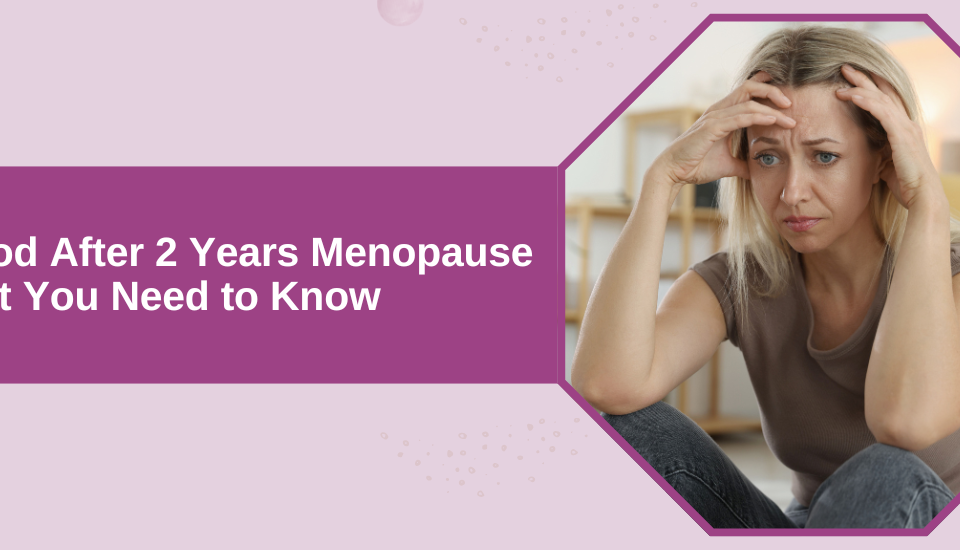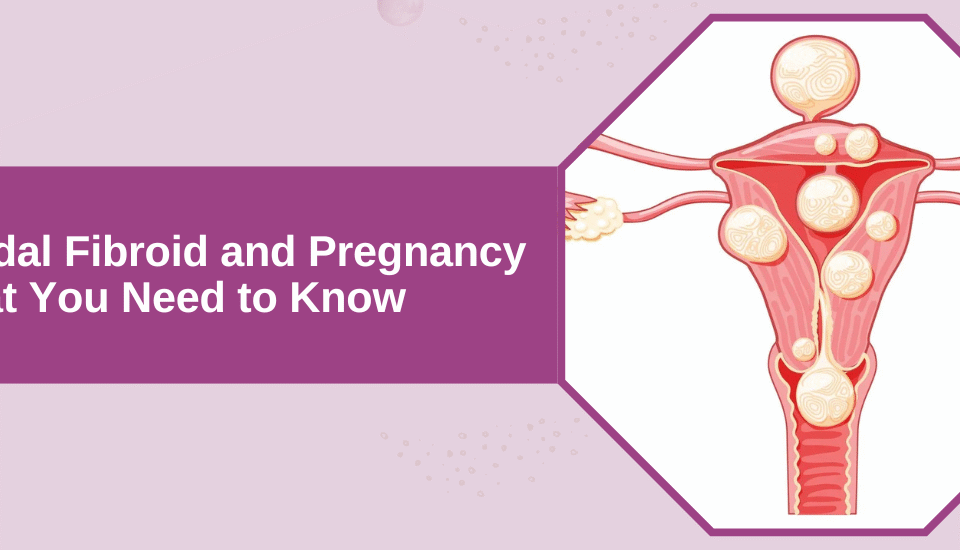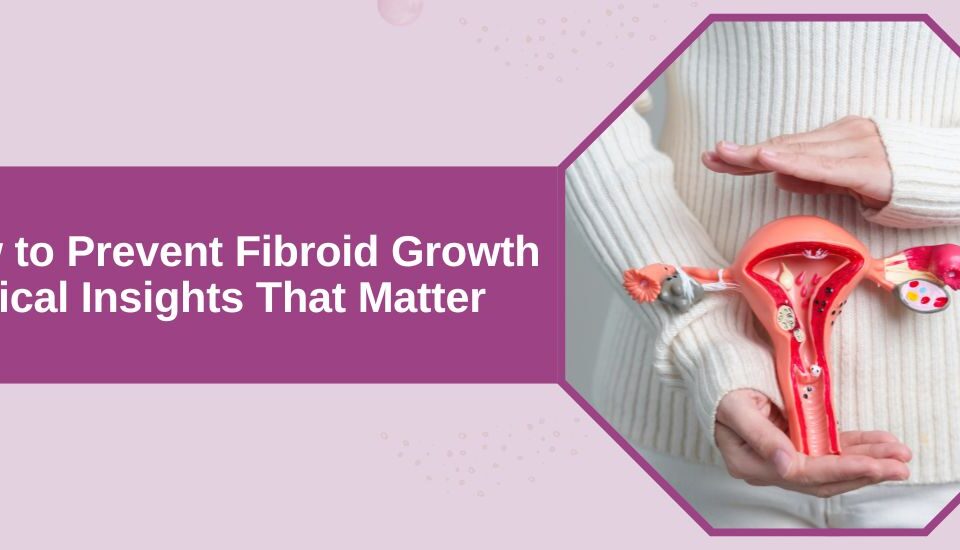- Have any questions?
- +91-98717 17305
- babiesandus12@gmail.com
What Are The Causes Of IVF Implantation Failure?

Things You Need To Know About Blastocyst
March 7, 2022
IVF Myths and Facts: Breaking the Stereotype Around IVF
March 21, 2022Failures of in-vitro fertilization (IVF) can be distressing and depressing for couples hoping to have a child through infertility treatment. Many women start believing that their uterus is malfunctioning or that their body is refusing to accept the embryo.
Friends, family, and the internet have all told us about the effectiveness of in-vitro fertilization (IVF) procedures. However, we do not often hear about an unsuccessful IVF because it is highly emotional and stressful for aspiring parents.
A variety of factors can cause embryo implantation failure. Please visit Babies and Us IVF & ICSI Center, among the leading IVF centers in Mumbai, to determine the exact cause of failure and boost the likelihood of a future conception.
In this blog, we shall cover some of the causes of IVF implantation failure and tests to determine them.
What can cause an IVF implantation failure?
Some of the reasons for an IVF failure include:
Age
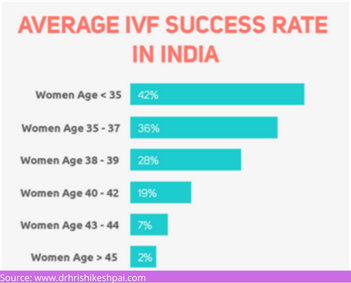
The quality, as well as quantity of a woman’s eggs, decreases as she gets older. It is common knowledge that as women age, they have a lower likelihood of becoming pregnant; nevertheless, a decrease in eggs and, more importantly, the eggs’ quality also decreases the chances of pregnancy or live birth following IVF treatment. Studies have shown that women under the age of 35 have the highest probability of IVF success.
Our fertility specialists at Babies and Us Clinic, one of the best IVF centers in Mumbai, have noted that an increasing number of young women are looking at the option of egg freezing. Egg freezing is a procedure where you can freeze your youthful, healthy eggs to preserve their fertility if you wish to delay your pregnancy.
Quality of the embryo
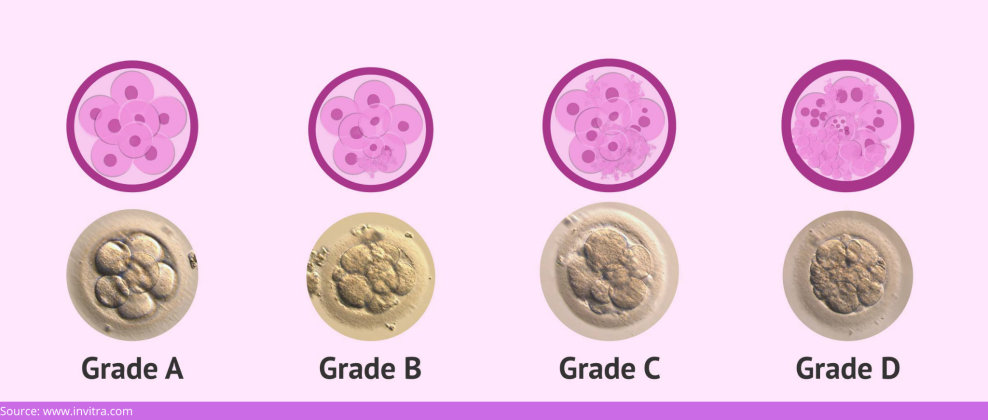
The egg of the female is combined with the sperm of the male during IVF treatment to create an embryo. The embryos are incubated in an embryoscope until they reach the blastocyst stage (5-day old embryos). An embryoscope is a sealed incubator with a camera that photographs the embryos every 10 – 20 minutes). This ensures that the embryos are kept in a calm and stable environment.
Our IVF lab uses a scoring system to grade the embryo’s quality and selects the best to return to the uterus. However, sometimes it happens that even though the embryos appear ready and healthy in the laboratory, once inserted in the uterus, they may sometimes fail to implant owing to an undetectable defect in the embryo.
Ovarian response
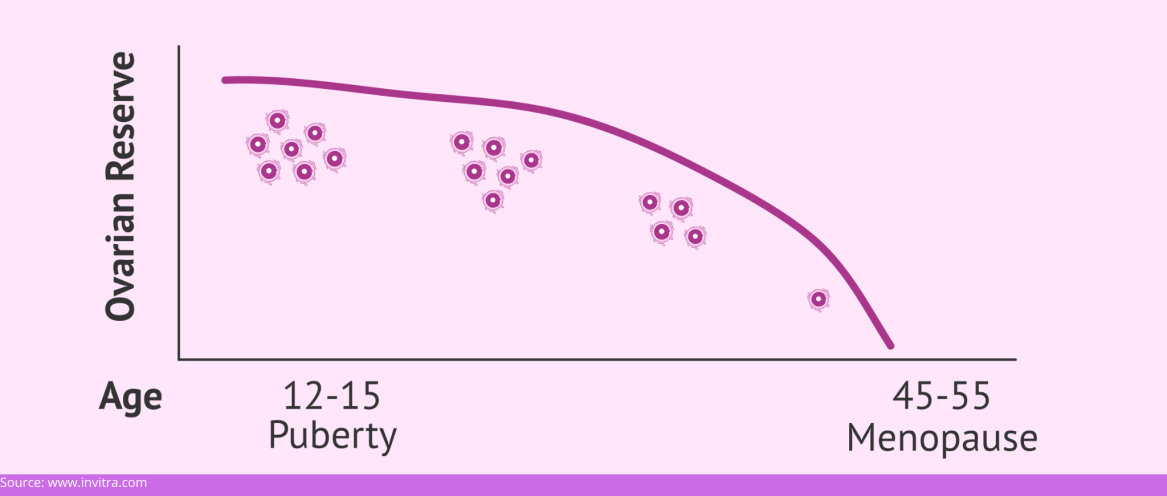
The female must inject FSH (follicle-stimulating hormone) at the start of IVF treatment daily. The FSH is a fertility hormone that aids in boosting egg production. In some women, their ovaries do not respond appropriately, and due to this, they do not produce sufficient eggs for harvest. This is most commonly seen in older women as their egg count is already low.
A weak ovarian response does not indicate that the IVF treatment is over. Investigations and medication changes may be able to help improve the situation. A blood test for AMH (Anti-Mullerian Hormone) and a sonography scan of the antral follicle count are used to determine your ovarian reserve. This will help us find the best approach and dosage of the hormone to trigger your ovaries and generate a sufficient number of eggs.
Implantation Issue
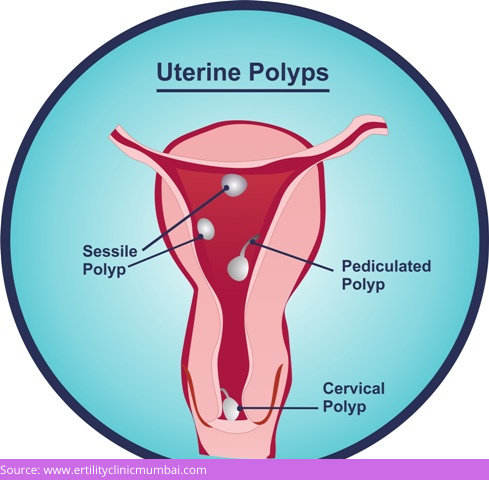
Sometimes the embryos do not successfully implant in the uterus. It could be due to the existence of uterine infection, uterine polyps, an early spike in progesteronelevels (steroid hormone secreted by the corpus luteum to stimulate your uterus in preparation for pregnancy), or a thin endometrial lining (inner lining of your uterus).
If an embryo fails to implant, it is not your fault; many times, implantation complications are beyond anyone’s control.
Lifestyle choices

Having a healthy lifestyle is essential for your overall health, especially when it comes to pregnancy. If you maintain a healthy regimen before and throughout IVF, it will aid in conception.
If you smoke, it is a good idea to quit a few months prior to starting IVF, as smoking will have a negative impact on fertility. Maintaining a healthy weight, eating nutritious food, and regular exercise will benefit you.
Chromosomal Abnormalities
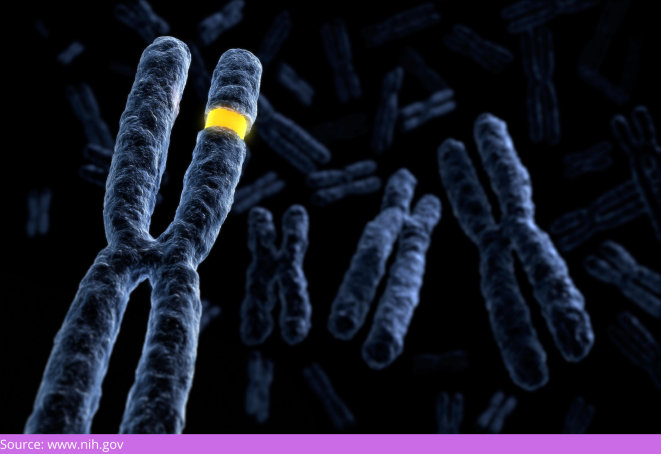
IVF can fail if there are chromosomal abnormalities in the embryos. This indicates that some chromosomal DNA is absent, excess, or irregular in the embryo. The embryo is then rejected by your body, thus resulting in IVF failure. Chromosomal abnormalities can be transmitted from either parent or formed during embryonic development.
Women over 35 are more likely to have chromosomal abnormalities in their embryos.
Rogue immune system
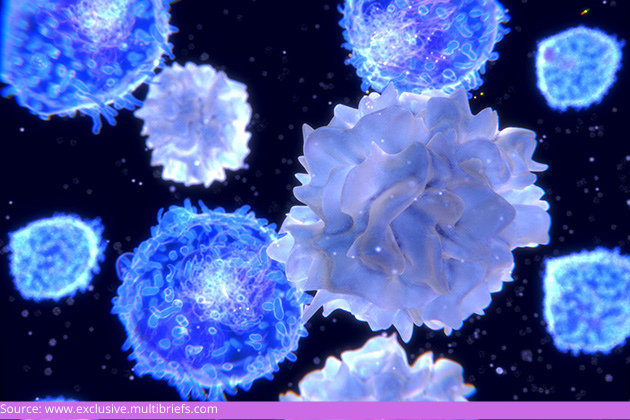
Sometimes an embryo is rejected if your body’s immune cells are overactive. If you have tried IVF more than once but have not been able to conceive, it is possible that your immune cells are attacking the embryo.
Tests to detect the cause of IVF failure
Sometimes it may take 2 or more IVF treatments to obtain a successful pregnancy. While this can be physically, emotionally, and cognitively draining, please be assured that our fertility professionals at Babies and Us Clinic will support and guide you in the journey.
Our fertility specialists have decades of experience and will advise you on what caused the failure and how to increase your chances of success if you decide to try IVF again. The following are some of the tests that can be used to determine the cause of IVF failure:
- Reproductive immunology:It is a branch of medicine that investigates interactions (or lack of) between your immune system and reproductive system components, such as your immune tolerance toward the fetus. It may explain if your IVF cycles are failing due to the reaction of your immune system and suggest a treatment plan.
- Infection detection: This test determines if an infection or inflammation may have played a role in the failure of IVF by causing spontaneous abortion or implantation failure.
- ERA (Endometrial Receptivity Assay): This test is for women who have had a history of IVF implantation failure. The uterus and the stability of the uterine cavity are assessed in the examination process to determine if it is ready to receive the embryo.
- Karyotyping: In this process, we examine your embryos for inherited chromosomal or genetic abnormalities on all 23 pairs of chromosomes and only replace the normal, healthy embryos.
- DFI (DNA fragmentation Index): The test examines how much DNA damage is present in the sperm, the sperm’s maturity, and the presence of toxins.
Conclusion

Even if an IVF procedure does not result in an embryo, the emotional toll is as devastating as the termination of a pregnancy. You will feel profoundly sad and depressed for a long time. It is vital to be grieving after a failed IVF. It is quite normal, but do not let it bring your morale and hopes down.
Do not get too discouraged just yet; if you understand why IVF fails and discuss your issue with a qualified fertility specialist, you will be able to find a solution and a way forward.
Please drop in at Babies and Us Clinic, one of the preferred fertility clinics in Mumbai, and discuss your concerns and options to make your desire to have a child come true.

